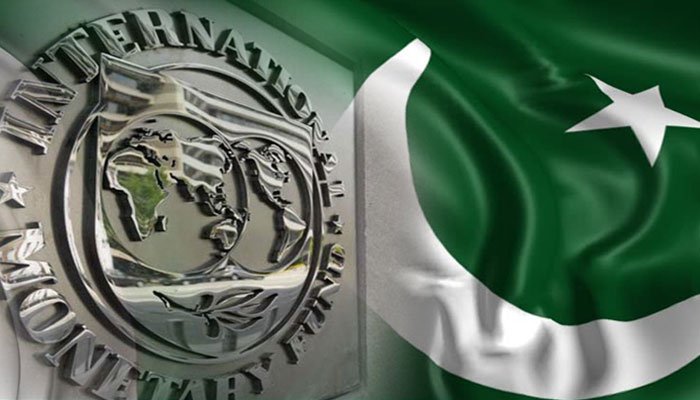Washington: The International Monetary Fund (IMF) Thursday said that its next mission would visit Pakistan in November to start preparing for the next review of the current program between the Fund and Pakistan.
During a press briefing, Jihad Azour, IMF’s Director of the Middle East and Central Asia Department, was asked whether the IMF would consider rescheduling debt to Pakistan amid devastation due to floods if asked by the Pakistani government.
All you need to know about Pakistan, IMF deal
Jihad Azour responded that they were saddened by the loss of humans and livelihood in Pakistan due to devastating floods.
“We are waiting currently for the assessment of the damages that World Bank and [the] UNDP are conducting in order to see what are on one hand the repercussions on public finance and the impact on the economy and on the society,” he added.
He said that based on this assessment, the IMF will need to update its numbers, and based on our discussion with the authorities, we will also listen to them to see what are their priorities and how the Fund can provide help.
He said the Fund had been very supportive of Pakistan over the last period. “We have a program with Pakistan that has been extended and increased in size. This is to help Pakistan deal with the confluence of shocks starting with the Covid crisis where we provided additional flexibility,” he further commented.
“We accelerated some of our disbursement to recently the exogenous shocks and the shock of increase in the price of food and commodity. We recently completed a review that provided Pakistan with $1.2 billion and hopefully, we will be fielding a mission in November after the annual meetings to Pakistan in order to start with the authorities preparing for the next review,” Jihad Azour went on to say.
While responding to another query on the reduction of fuel prices, Azour urged Pakistan – and other countries too – not to give “untargeted subsidies” as such attempts have not proved to be very effective.
“Therefore, we are encouraging Pakistan as well as also other countries to move from an untargeted subsidy that is a waste of resources and to dedicate those resources to those who need it… The region spends on social protection 2 percent of GDP, and in certain cases what countries are spending on subsidies could be double that.”
He said that it was very important to reallocate the resources to those who need them most.
“And this is something that it’s not… part of the IMF conditionalities, this is part of what is needed in order to provide the right protection for those who need it at the time where inflation is very high.”










